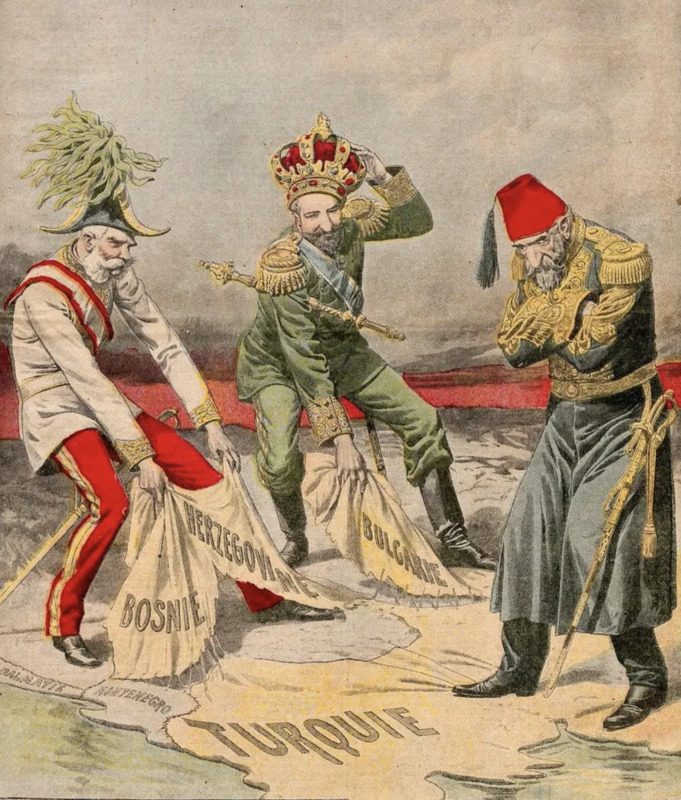Imperialism as a cause for the First World War
World War I, which began in 1914 and lasted four years, it was a period of dramatic upheaval that forever altered the lives of millions and reshaped the future of all nations involved. One of the main causes for the conflict was imperialism, which saw many countries seeking to expand or establish borders as a result of rising nationalism, and a need to acquire resources to fuel their role in the industrial revolution.
Several suppressed ethnic minorities in the declining imperial Austro-Hungarian and Ottoman empires of eastern Europe, expressed dissatisfaction with their treatment by supporting their own nationalistic ideals, and their accompanying political movements. This would play a part in creating a particularly toxic political environment in the Balkan peninsula that culminated with the assassination of Austrian Archduke Franz Ferdinand, by Gavrilo Princep and a group of Slavic nationalists from Bosnia. This event would eventually lead to Austro-Hungary declaring war on the newly founded nation of Serbia, which created a cascading effect of countries joining the war to publicly support their allies while also taking advantage of the situation to satisfy their own imperial ambitions. Nowhere were these imperialistic ambitions more evident than in Africa, were several European nations saw the war as an opportunity to seize each other’s colonies. By acquiring new African colonies, these nations aimed to make use of the continent’s abundance of natural resources to further fuel their own development during the highly competitive period of the industrial revolution.
Imperialism was undoubtedly a major point of influence throughout World War One. By exploring this theme, we can better understand the motives and intentions of all the parties involved in the war. This exhibit will use several reputable sources to provide a complete and definite explanation for how imperialism was a primary cause of the first world war by referencing its effects in African and the Balkans.
